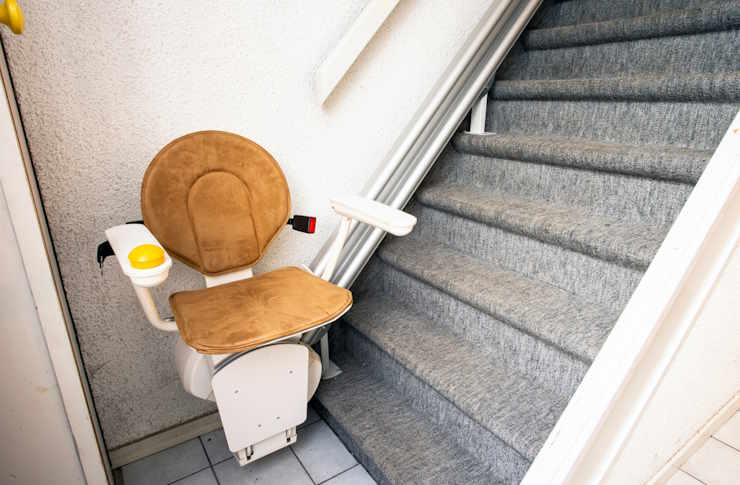Family Nurse Job: Role, Qualifications, and Work Settings
Family nursing combines clinical care, patient education, and coordination across age groups within households. A family nurse supports preventative care, chronic condition management, and acute episodes while working alongside physicians and other healthcare team members. This article outlines typical duties, required training, work settings, collaboration with doctors, and career pathways for those interested in family nurse roles.

This article is for informational purposes only and should not be considered medical advice. Please consult a qualified healthcare professional for personalized guidance and treatment.
What does a family nurse do?
A family nurse provides holistic care across the lifespan, addressing physical, emotional, and social health needs of families and individuals. Common duties include conducting health assessments, administering immunizations, managing chronic conditions like diabetes or asthma, offering prenatal and pediatric support, and educating caregivers. Family nurses often create care plans that consider family dynamics and community resources, focusing on prevention and continuity of care. Documentation, follow-up, and referrals to specialists or community programs are routine parts of the role, ensuring coordinated care across services.
How does family nursing fit into healthcare?
Family nursing occupies a bridge role within the broader healthcare system, linking primary care, specialty services, and community resources. These nurses often work in primary care clinics, school health programs, and community health centers where ongoing relationships support preventive care and early intervention. By emphasizing continuity rather than episodic treatment, family nurses help reduce hospital readmissions and support public-health goals such as vaccination coverage and chronic disease control. Their role complements physicians and allied health professionals to create patient-centered care pathways within local services and health networks.
What medical skills are required?
Clinical competencies for a family nurse include comprehensive assessment skills, basic and advanced life support knowledge, medication administration, wound care, and chronic disease management. Proficiency in patient education techniques is essential, including motivational interviewing and culturally sensitive communication. Familiarity with electronic medical records, population health tools, and community resource mapping supports effective care coordination. Continuing education is common, with many family nurses obtaining specialty certifications or pursuing nurse practitioner training to expand diagnostic and prescribing responsibilities within medical practice parameters.
How do family nurses work with doctors?
Collaboration with doctors is central to the family nurse role. Family nurses communicate clinical findings, implement treatment plans, and monitor patient responses while seeking physician input for diagnostic decisions or medication changes. In settings with nurse practitioners or advanced practice nurses, a shared scope of practice permits greater autonomy for assessment and management, alongside physician consultation when needed. Interprofessional teamwork may involve case conferences, referrals to specialists, and joint public-health initiatives. Clear communication and defined protocols help maintain safe, coordinated patient care across clinical encounters.
Where do family nurses work: hospital or clinic?
Family nurses practice in a variety of settings, including outpatient clinics, community health centers, school health offices, home health, and some hospital departments focused on transitional care. In hospitals, family nurses often participate in discharge planning and post-discharge follow-up to ensure smooth transitions back to home or community care. Clinic-based roles emphasize continuity and preventive care, while home health requires autonomy and skills for working within a patient’s living environment. Employment settings influence schedule patterns, caseload types, and the mix of acute versus chronic care responsibilities.
Career paths, certifications, and local services
Career progression can include roles such as registered nurse with family-focused practice, certified family nurse practitioner, case manager, or public-health nurse. Typical certification and licensure milestones involve RN registration, completion of an accredited nursing program, and, for advanced roles, graduate degrees and national NP certification where applicable. Continuing professional development and familiarity with local services—community clinics, social support agencies, and public-health programs—enhance effectiveness in family-centered practice. Note that this article does not provide job placement or live vacancy listings; for verified employment opportunities, refer to official employer websites, licensing boards, and established job platforms.
This article provides a general overview of the family nurse role, how it integrates with medical teams and healthcare settings, and typical pathways for professional development. It is intended to inform readers about responsibilities, required skills, and common work environments rather than to serve as a job listing or individualized career counsel. For licensing requirements, compensation details, or specific employment openings, consult relevant regulatory bodies and verified employer sources.
This article is for informational purposes only and should not be considered medical advice. Please consult a qualified healthcare professional for personalized guidance and treatment.




